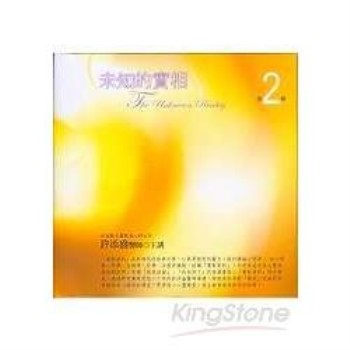Weathering the Reformation explores the role of the Little Ice Age in early modern Christian culture and considers climate as a contributing factor in the Protestant Reform. The book focuses on religious narratives from Strasbourg between 1509 and 1541, pivotal years during which the European cultural concept of nature splintered along confessional differences. Together with case studies from antagonistic religious communities, Linnéa Rowlatt draws on annual weather reports for a period during which the climate became less hospitable to human endeavours. Social uunrest and the cultural upheaval of Reform are examined in relation to deteriorating climactic conditions characteristic of the Spörer Minimum. This book will be of particular interest to scholars of religious history and climate history.
| FindBook |
有 1 項符合
Weathering the Reformation: Climate and Religion in Early Sixteenth Century Strasbourg的圖書 |
 |
Weathering the Reformation: Climate and Religion in Early Sixteenth Century Strasbourg 作者:Rowlatt 出版社:Routledge 出版日期:2024-05-08 語言:英文 規格:精裝 / 248頁 / 23.34 x 15.57 cm / 普通級/ 初版 |
| 圖書館借閱 |
| 國家圖書館 | 全國圖書書目資訊網 | 國立公共資訊圖書館 | 電子書服務平台 | MetaCat 跨館整合查詢 |
| 臺北市立圖書館 | 新北市立圖書館 | 基隆市公共圖書館 | 桃園市立圖書館 | 新竹縣公共圖書館 |
| 苗栗縣立圖書館 | 臺中市立圖書館 | 彰化縣公共圖書館 | 南投縣文化局 | 雲林縣公共圖書館 |
| 嘉義縣圖書館 | 臺南市立圖書館 | 高雄市立圖書館 | 屏東縣公共圖書館 | 宜蘭縣公共圖書館 |
| 花蓮縣文化局 | 臺東縣文化處 |
|
|
圖書介紹 - 資料來源:博客來 評分:
圖書名稱:Weathering the Reformation: Climate and Religion in Early Sixteenth Century Strasbourg
Sermons on the Final Verses of the Song of Songs: Volume III
Devotional Comforted by God Faux Leather
Devotional Finding Wisdom in Proverbs Faux Leather
Healing Together: Trauma Informed Care for Spiritually Integrated Communities
Faith in the Midst
Mediæval Mystical Tradition and Saint John of the Cross
Mediæval Mystical Tradition and Saint John of the Cross
Wisdom: Making Godly Decisions
Wisdom: Making Godly Decisions
Wisdom: Making Godly Decisions
Devotional Comforted by God Faux Leather
Devotional Finding Wisdom in Proverbs Faux Leather
Healing Together: Trauma Informed Care for Spiritually Integrated Communities
Faith in the Midst
Mediæval Mystical Tradition and Saint John of the Cross
Mediæval Mystical Tradition and Saint John of the Cross
Wisdom: Making Godly Decisions
Wisdom: Making Godly Decisions
Wisdom: Making Godly Decisions
|










